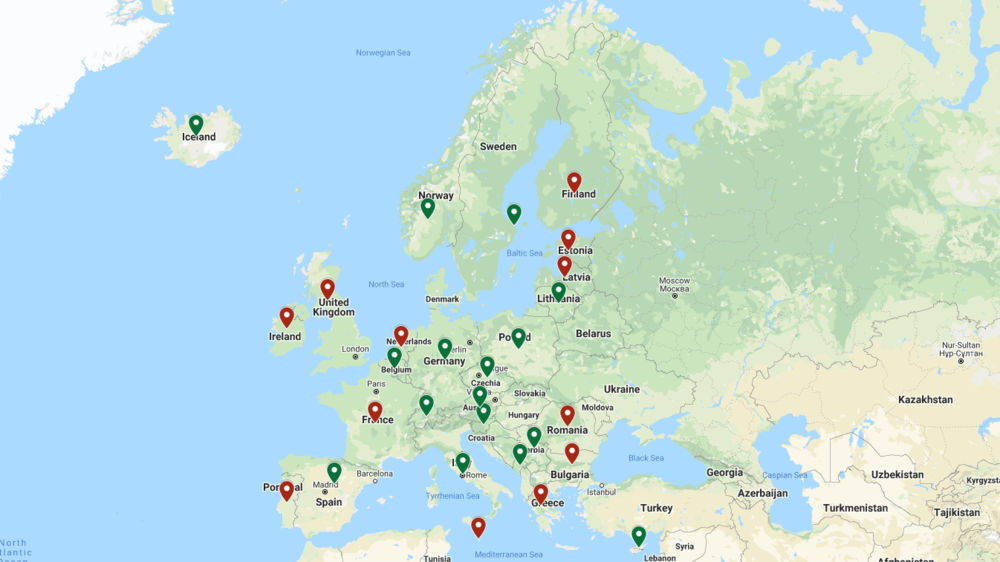Critical thinkers, artists, researchers, activists, and geeks in search of other economies and financial discourses for a fair society.
All along, these have been dark times for the economy, as offshore finance wreaks havoc in the very fabric of cities and communities, and crypto-companies navigate the world in search of their own tax havens. Information leaks from financial paradises have made it clear that the wealthy, influential, and well-connected will still escape taxation. These are the same people turning places like Malta and the Bahamas into luxury apartment zones. At the same time, well-documented Dutch fiscal loopholes cost the world approximately 22 billion euros in lost taxes each year. Corporations like Shell tempt governments with scraps of their ill-gained revenues in exchange for legal residence in anonymous letterboxes. Global business and crypto-speculation have debased national regulations to the competitive logics of an international tax marketplace, and local economies and communities struggle to hold up against privatisation and the mass transformation of jobs to a precarious freelance existence in the gig economy.
Weeks into the corona crisis, it is too early to say which aspects of the global financial system have been thrown into the dustbin of history. Pivotal nation-states are now exploring digital currencies as one tool for post-pandemic stimulus (or austerity). How do the earlier proposals for Universal Basic Income relate to the sudden appearance of helicopter money in some countries? Are the Keynesian money proposals to prop up the Western economies an indication of the end of the neoliberal hegemony? Is the ban on cash during the corona crisis an indication of the arrival of the cashless society?
It is a grim scenario, but perhaps not all is lost. The economy is not – and never was – merely in the hands of faceless corporations and cryptocurrency speculators. MoneyLab explores the imaginaries of artists, researchers, activists, and geeks in search of other possible economies and urgently interrogates a different financial discourse. It has always asked: can we use technology critically to support alternative values of cooperation and “commoning” in a world that is dominated by individualism and competition?
MoneyLab #8, the first-ever in a post-socialist country and the first-ever virtual edition, features examples far from the mainstream media spotlight. It zooms in on the effects of offshore finance and explores counter-experiments in the realms of housing, care work, and blockchain technology. In the fringes, something interesting is happening: blockchain is no longer just another tool for capitalist growth obsessions, and people are realising radical visions for fairly-waged care work, redistributed wealth, equitable social relations, and strong grassroots communities. In our world of vanishing cash, corner-cutting multinationals, and weakened social support structures, can community currencies or self-organised care networks strengthen neighbourhoods? What would fair and social housing look like if it was turned into the cornerstone of the economy? Who is building local systems that can stand up against the financialisation of housing in the global platform economy?
MoneyLab #8 sheds light on radical and alternative strategies for self-organisation and pushes on towards new and collective futures situated in resilient local communities.

